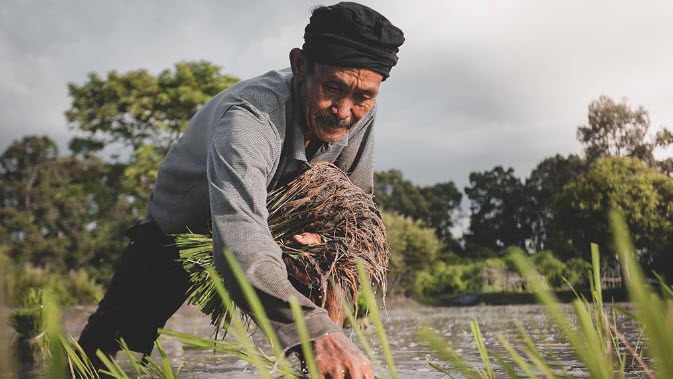Human Trafficking Prevention: Resources Your Business Needs to Know

January 31, 2023
Jennifer Knight is ITA’s Deputy Assistant Secretary for Textiles, Consumer Goods, Materials Industries, Critical Materials, and Metals
This post contains external links. Please review our external linking policy.
As National Human Trafficking Prevention Month comes to a close, it’s crucial we remember that human trafficking is a global and domestic issue that harms the most marginalized and vulnerable members of society. It deprives individuals of their rights, freedoms, safety, and dignity. Human trafficking also impacts and compromises national and economic security. According to the latest numbers from the International Labor Organization, about 28 million people around the world who are trapped in forced labor are victims of human trafficking.
Forced labor is well documented in every sector of the supply chain and private economy, particularly in agriculture, fishing, manufacturing, construction, and domestic work. U.S. law holds liable any person or business that benefits financially from its involvement in human trafficking, provided that the business knew or should have known of the scheme. Thus, it’s incumbent upon us to do our due diligence and not engage in activities that directly or covertly support human trafficking or forced labor.
As part of his National Human Trafficking Prevention Month proclamation, President Biden calls on businesses, civil society organizations, and all Americans “to counter injustice and fortify our commitment to pursue dignity and freedom for all people.” To help U.S. businesses understand risks in their supply chains, ITA and our federal partners developed an important training module, Human Trafficking: Forced Labor in Global Supply Chains, to help companies monitor their supply chain’s compliance with laws and regulations, identify red flags, and develop due diligence plans. This is a free training, and I encourage all businesses, especially smaller and medium-size firms with fewer resources, to take it.
As government employees involved in global commercial trade, we are in a unique position to not only be aware of forced labor human trafficking but to report it. ITA employees have a similar training available to them, and I encourage my colleagues in public service to also take this training.
Learn more about human trafficking prevention and 20 ways you can help fight human trafficking.